Colombian president vows police ‘modernization’ amid global censure of brutal tactics
The Colombian government has announced plans to “modernize” its police force in the face of persisting criticism of its brutal tactics against protesters, highlighted again during the recent anti-state rallies.
President Ivan Duque declared on Sunday that he had ordered the establishment of "a decree that will modernize the structure of the national police, especially to strengthen the policy... on human rights."
The announcement, however, came as an umbrella national strike committee, made up of unions, student groups and other civil society organizations, suspended negotiations with Bogota officials -- aimed at reaching a deal to end protest rallies -- since the government has so far refused to sign a pre-agreement reached late last month.
Without specifically yielding to protesters' demands for police "reform," the US-backed Colombian president promised a "transformation" of the country’s brutal police force, which -- after decades of armed conflict and violent clashes with anti-government groups and drug traffickers – remains under the jurisdiction of the Latin American country’s military.
Duque further pledged to create a human rights directorate led by an outside expert. His defense ministry also issued a statement saying there would be better follow-up on citizen "complaints" and a training review, in addition to systematic use of ID badges and bodycams.
The aim is to ensure "professionalization so that all police officers are trained in (human) rights and use of force," added Colombia’s Defense Minister Diego Molano as quoted in an AFP report.
Later on Sunday, the National Strike Committee -- which represents labor unions, students and indigenous peoples, among others -- broke off talks with Bogota officials that began in early May, accusing the government of "purposely delaying negotiations."
Duque announced during a ceremony to celebrate police promotions that he will ask the nation’s Congress to approve the creation of the police human rights directorate, which will seek international help on policy, and a new education directorate for officer training.
“In this structure, the protection, prevention and respect for human rights will be marked because in the national police a directorate of human rights will be created,” he claimed.
Duque's announcement also came as a delegation from the Washington-based Inter-American Commission on Human Rights (IACHR) arrived for a four-day visit to the country to evaluate the recent social turmoil in Bogota and in the southwestern city of Cali.
Protesters, meanwhile, have long demanded the dissolution of the feared ESMAD riot squad and the transfer of the police out of the jurisdiction of the country’s defense ministry.
Moreover, the government has repeatedly called on the strike committee to condemn blockades connected to recent protest rallies which have reportedly led to shortages and stymied transport of top exports namely oil, coal and coffee.
“Today the committee has decided to unilaterally suspend the dialogue,” government negotiators declared in a statement. “We, the government are ready. We have been instructed by the president to reach a text with guarantees and to take on the (committee’s) demands.”
“The committee has left the country in arrears, without condemning the blockades,” it further underlined, claiming that Duque’s announcement of changes to policing was an example of the government’s commitment to protecting peaceful protest.
Strike committee and union leader Francisco Maltes, however, blamed President Duque for the deadlock, insisting, “The question should be when the government will sign the pre-agreements to start a negotiation.”
Protest rallies on April 28 against proposed tax hikes have turned into a widespread anti-government uprising of unprecedented scope in the country of nearly 50 million people.
At least 61 people, mostly civilians but also including two uniformed officers, have died in the protests, according to government figures, though the US-based Human Rights Watch has cited "credible reports" of 67 deaths.
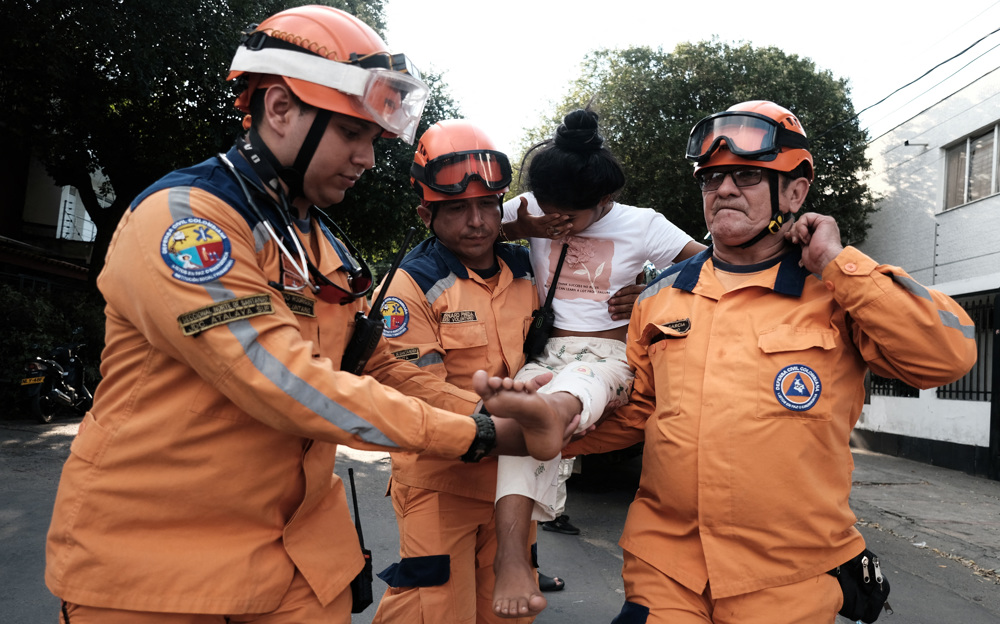
Over 80 people killed in Colombia as ceasefire between rebel groups collapses
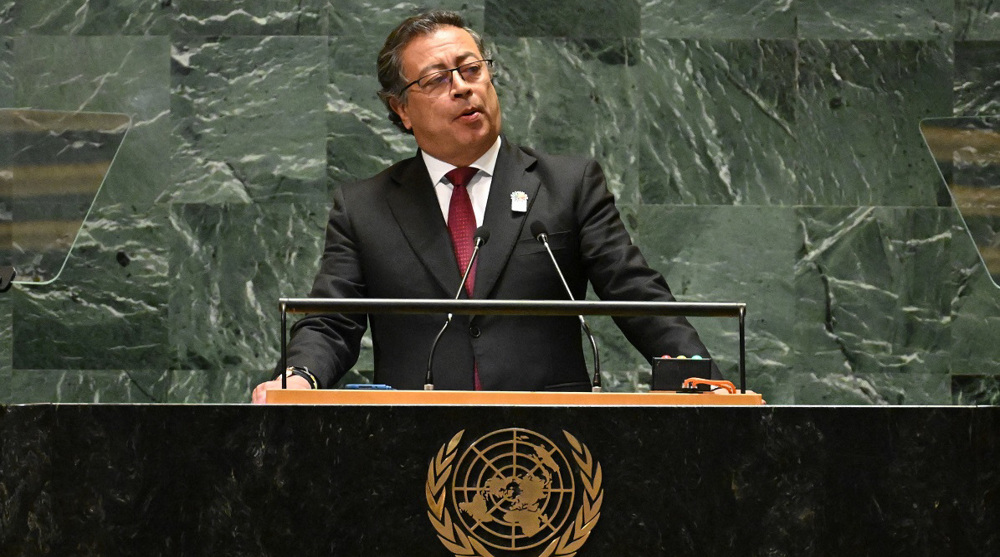
Netanyahu a 'war criminal', President Petro tells UN General Assembly
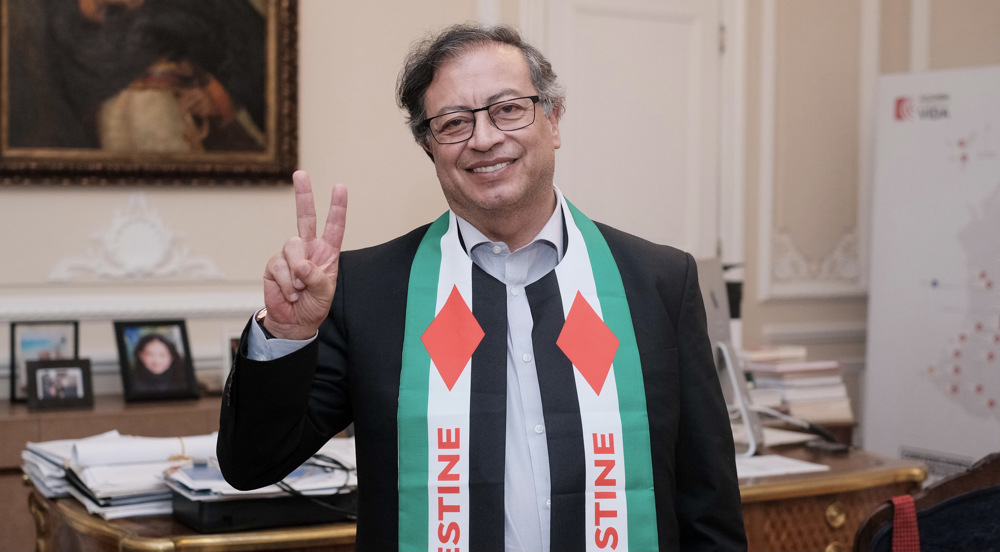
Dropping bombs on children in Gaza and not opposing war is anti-Semitic: Petro
VIDEO | Israeli killers pursues Palestinians inside the 'Safe Zone'
VIDEO | Press TV's news headlines
Iran condemns Israeli attacks on Syria's civilian, military infrastructure
Israel targets ambulances, health center in Lebanon despite truce
Iran calls on Shanghai bloc to condemn Trump’s 'dangerous' threats
VIDEO | Iraq’s electricity shortage and US sanctions on Iran
Death toll from Myanmar quake rises to over 3,085
US militarization in West Asia reaches unprecedented levels: Report


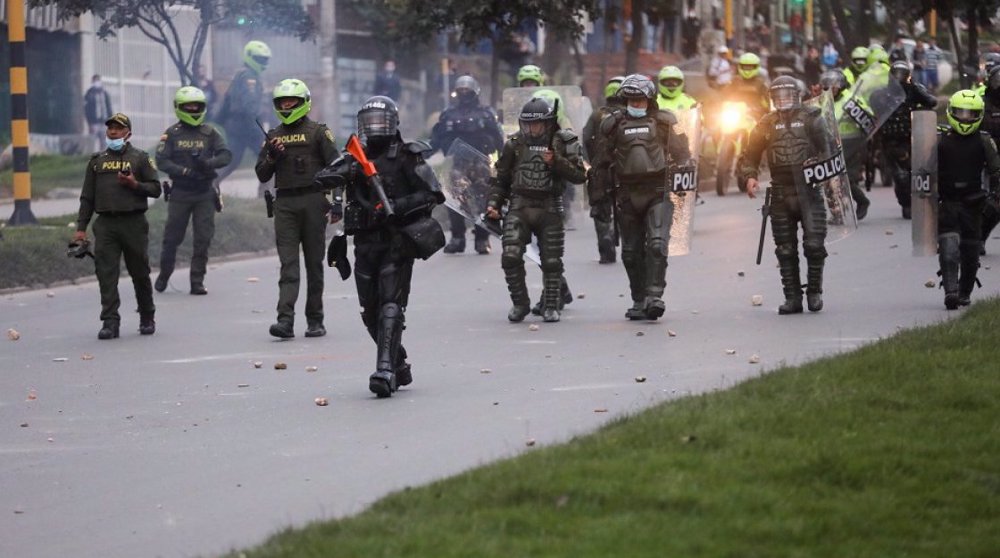




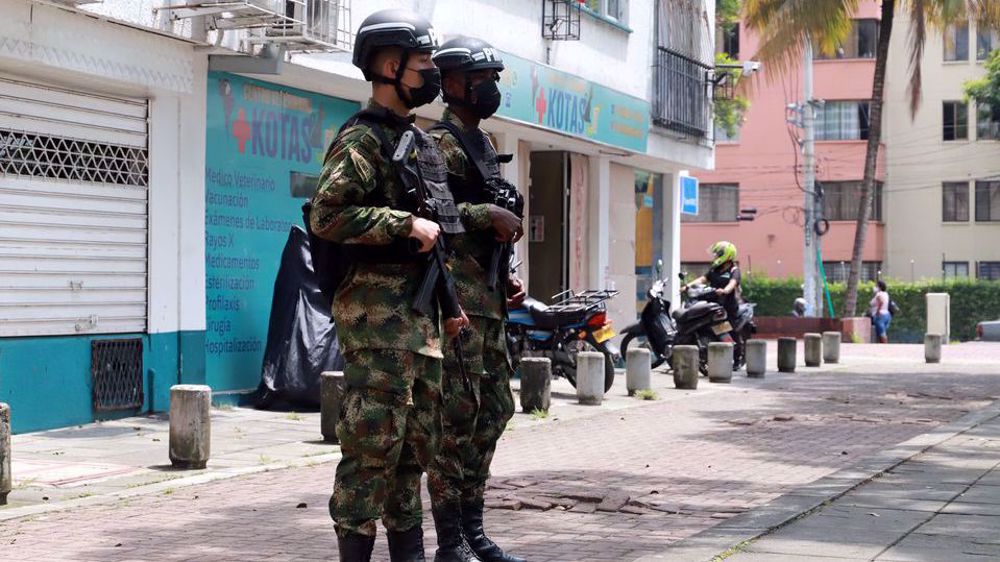
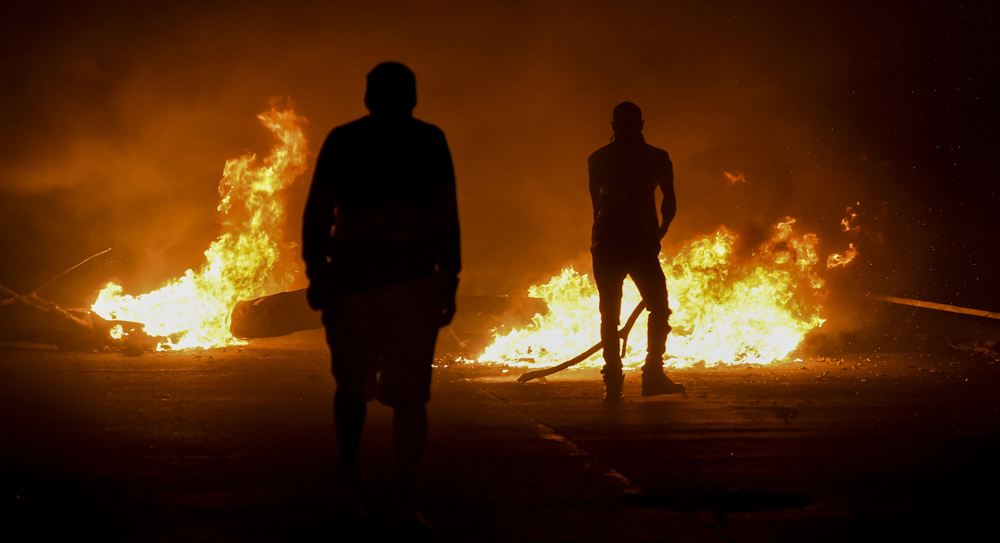
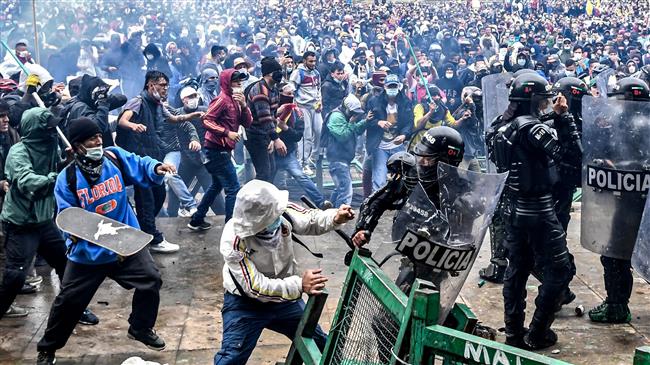

 This makes it easy to access the Press TV website
This makes it easy to access the Press TV website